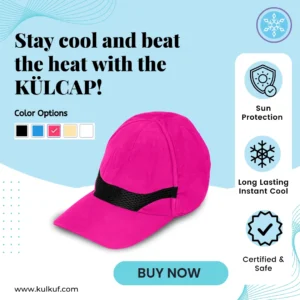Managing Hot Flashes: The Role of a Cardiac Diet in Menopause Relief
Menopause is a significant transitional phase in a woman’s life. Often, it is accompanied by uncomfortable symptoms like hot flashes. While hot flashes are a natural part of this hormonal shift, there are ways to manage them effectively. One such approach gaining attention is the implementation of a cardiac diet.
This blog explores the connection between a cardiac diet and hot flash management during menopause. Let’s dive deep into the benefits of this dietary approach and understand how it can alleviate hot flashes. Get hold of your menopause journey and find relief from those pesky hot flashes!
Foods to Eat – Cardiac Diet
There is scientific evidence suggesting that a cardiac diet includes certain foods that decrease hot flashes & night sweats:
- Healthy Fats: Healthy fats decrease the frequency of hot flashes, such as omega-3 fatty acids. Thus, fatty fish like salmon and seeds like flax seeds are the main sources of omega-3 fatty acids.
- Fruits & Vegetables: Fruits and vegetables contain minerals, vitamins, fibre, and antioxidants. Some studies reported that participants who ate lots of fruit, vegetables, and whole grains experienced fewer hot flashes.
- Dark Chocolate: Eating modest quantities of dark chocolate offer numerous health benefits. Moreover, it resets your cortisol, it is rich in magnesium, and its mood-boosting property makes it a great choice for menopause. But keep in mind – moderation is best in all things.
- Phytoestrogen-Containing Foods: Phytoestrogens are compounds thought to potentially reduce menopause symptoms such as hot flashes. In other words, they act as weak estrogens in your body. Soy has isoflavones (a type of phytoestrogen compound) in abundance.
Foods to Avoid – Cardiac Diet
To manage hot flashes, limiting or avoiding certain foods that may trigger or worsen hot flashes is generally advisable in a cardiac diet. Here are some foods to consider avoiding:
- Spicy Foods: Hot peppers, chilli powder, and spicy sauces can trigger or intensify hot flashes in some individuals. Thus, reducing or avoiding consuming these foods may be beneficial if you find them a trigger.
- Caffeine: Caffeine stimulates the central nervous system. Moreover, it can potentially increase the frequency and intensity of hot flashes. That is to say, limiting or avoiding caffeine-containing beverages like coffee, tea, energy drinks, and certain sodas may be helpful.
- Alcohol: Alcohol consumption has been associated with increased hot flashes in some women. It is recommended to moderate or avoid alcoholic beverages to help manage hot flashes.
- Processed and High-Sugar Foods: Highly processed foods and those high in added sugars may contribute to hormonal imbalances and exacerbate hot flashes. Opt for whole, unprocessed foods and limit the consumption of sugary foods, sweets, and processed snacks.
- Foods with a High Sodium Content: Consuming excessive sodium can lead to water retention. Moreover, it may worsen bloating and fluid retention associated with hot flashes. Limiting the intake of processed foods can be beneficial.
The Alternative
You don’t have to suffer from hot flashes or accept them as a regular part of your life. As mentioned earlier, diet and hot flashes are connected; therefore, follow a well-balanced diet. Additionally, you can take advantage of new technologies. KŰLKUF has developed an easy-to-wear cooling wristband that can naturally reduce your body temperature when hot flashes occur. You can get your hands on one online.









